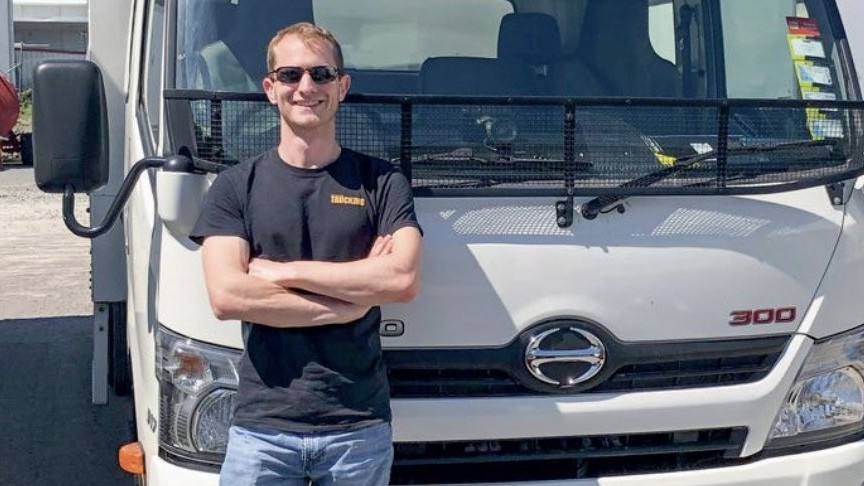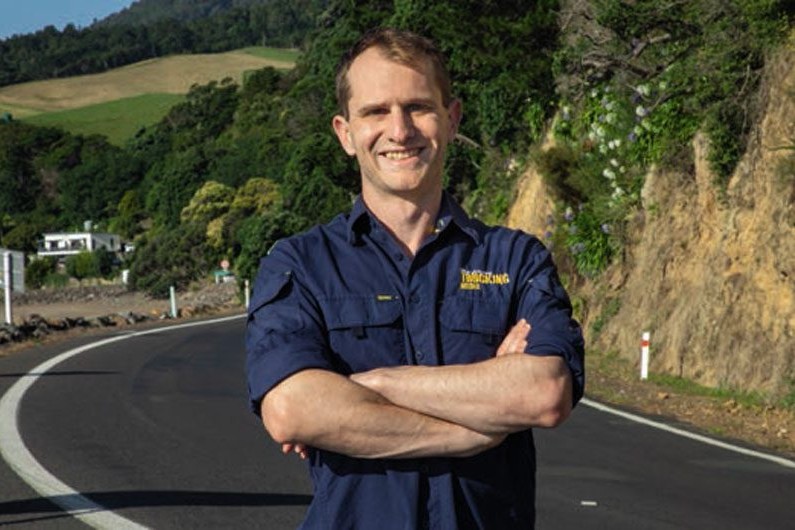
I remember it like it was yesterday. After an eternity of pleading, hinting and contemplating some form of blackmail, my dad finally agreed to teach me to drive. I was about to turn 16 and, in my opinion, years overdue for this father-son bonding session. After all, he’d taught me to ride motorbikes before I’d learnt to read or write, I was obsessed with cars, and most of my best friends had already had driving lessons from their parents.
His general response always was, “When I think you’re ready.” I wasn’t quite sure what he was on about… we’d be at a reserve with private roads, and when I got into the driver’s seat, his only tuition was, “Go on, I know you know what to do”.
Having to wait so long to get to that point, I’d always been jealous of kids who had access to family farms where they were given a chance to get behind the wheel and learn the basics way younger. That’s a privilege many Kiwi kids experience.
It’s true that the earlier in a child’s life you can foster an interest (in whatever it may be) and begin that skills transfer, the better. When it comes to driving, that’s undeniable. Every championship-winning racing driver started at the youngest possible age. But the proportion of drivers who will spend time and cover distance on the public road is far greater than those who will ever take to the track, and that’s undoubtedly where the reasoning applies to a greater extent. Start ‘em young to reap the benefits.
A recent survey of instructors from Young Driver, a driving school in the UK for 10- to 17-year-olds, backs up this thinking. In the UK, the legal learning age is 17, but 69% of the driving instructors felt youngsters learn better before they turn 17. A massive 82% of the 2400 parents surveyed thought kids aged 10 to 17 were more receptive to messages around risk and safety than over-17s.
This quote by Young Driver driving instructor Anaya Saddall was particularly enlightening: “When you’re teaching someone aged 17/18, they are not always ‘in the car’. Their minds may not be focused on driving. They are thinking about other stuff. Younger kids concentrate and focus – when you deliver a driving lesson to a 12-year-old, you can see that their mind is focusing 100% on driving. They are in the moment. That’s one reason they often learn more in half an hour than 17-year-olds learn in an hour. The older age group also tends to have more preconceived ideas from parents and peers, which can add complications.”
This is backed up by New Zealand neuroscience educator Nathan Wallis, who presents the #EyesUpNZ roadshow with Greg Murphy and Kelly McLuckie, which offers a Driving and the Teenage Brain component.
“The teenage brain is a good thing, but it doesn’t assess risk very well. There’s an evolutionary plus to their risk-taking. It allows them to be incredibly creative and look at problems in new ways. But that’s not a good thing when driving…”
Wallis explains that driving utilises the frontal cortex, which enables thinking, learning, emotional control, planning and understanding consequences and the parts of our brain that control movement and coordination. “The younger you are as a driver, the more you are in the frontal cortex. Once those motor skills are fully consolidated in the brain, they get moved back to the movement and coordination brain,” he explains.
It would stand to reason that the earlier kids can be taught the basics – to think, plan, assess risks and consequences – and refine the motor skills required for driving, the safer they’ll be when they eventually hit the road alone.
Like doing your tax, driving is one of those general life skills that are unfortunately not part of the core curriculum. Thankfully, youth-oriented driver training is available in New Zealand, and events like #EyesUpNZ are a great opportunity for kids and parents to gain valuable insight into why we do certain things on the road and how to stop them from becoming lifelong, potentially life-changing, habits.
As a parent, it’s well worth considering more than just basic instruction when your kid gets their learner licence. I know I’d have relished any such opportunity as a teen learning to drive.
Take care out there,
Gavin Myers
Editor
*The final live event for the current #EyesUpNZ Driving and the Teenage Brain roadshow is in Christchurch on 16 May, with an online event following on 29 May. Book tickets at https://www.eventbrite.co.nz/e/driving-and-the-teenage-brain-tickets. Get more info on #EyesUpNZ here: https://www.eyesupnz.co.nz/



